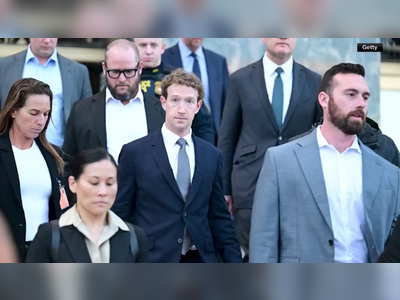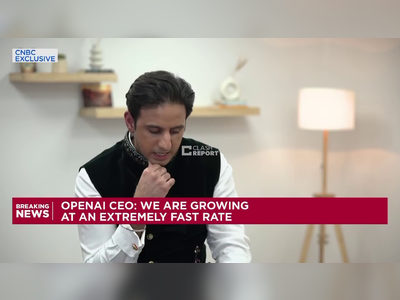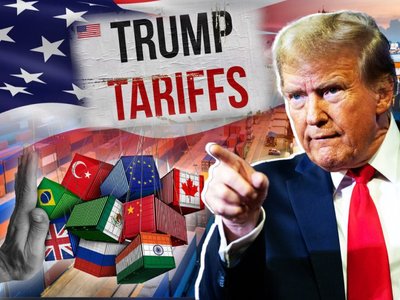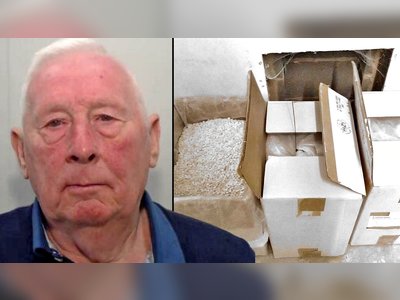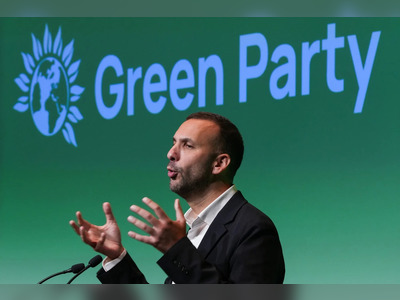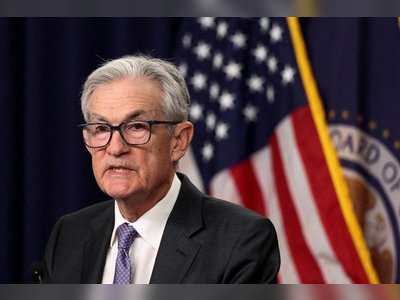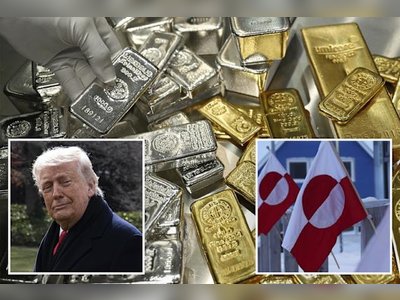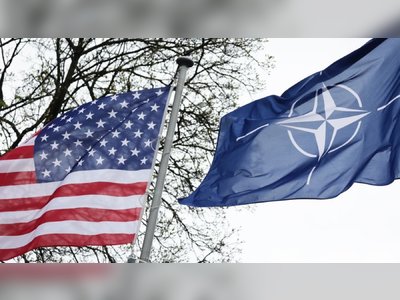
Portugal Faces Political Instability Following Government Collapse
President Marcelo Rebelo de Sousa consults with political parties as early elections loom after Prime Minister Luis Montenegro's failed confidence vote.
In the wake of the collapse of Luís Montenegro's center-right government, President Marcelo Rebelo de Sousa is engaging in consultations with parliamentary parties, setting the stage for anticipated early elections later this week.
The parliamentary session reached a critical turning point on March 11, 2025, when Montenegro's motion of confidence was rejected, leading to his resignation amid a controversy involving potential conflicts of interest.
Montenegro, who has been in power for approximately a year without an absolute majority, faced opposition from the Socialist Party, Chega, and far-left factions.
The current political climate necessitates quick action from President Rebelo de Sousa, as he meets with various party leaders who are advocating for prompt elections.
Following discussions with his own party, the Social Democratic Party (PSD), Montenegro stated that elections "must be held as soon as possible" and expressed optimism that a vote scheduled for May 11 could restore the nation's stability.
Pedro Nuno Santos, Secretary General of the Socialist Party, echoed this sentiment, suggesting that the anticipated election could provide a path toward stability.
Chega's leader, André Ventura, indicated that the president seems inclined to favor a May 11 election date.
President Rebelo de Sousa is scheduled to continue his consultations, including a meeting with the Council of State, an advisory body comprised of prominent political figures.
A decision is expected to be announced on Thursday evening or Friday.
The president has indicated he is exploring various scenarios, which include negotiating a new government or dissolving Parliament to call for elections.
The likelihood of early legislative elections is underscored by the president's previous decision to opt for early elections following the resignation of Socialist António Costa in November 2023, who faced allegations of influence trafficking and subsequently became the President of the European Council in June 2024. Montenegro's crisis stems from concerns around a family-owned services company that has contracts with several private firms, including one involved in state-concessioned activities.
In response to the ongoing scrutiny, Montenegro has pledged that the company will now be strictly owned by his children.
Nonetheless, the opposition continues to demand further clarifications and has sought a parliamentary inquiry into the matter.
Moreover, the Attorney General, Amadeu Guerra, announced Wednesday that he has received multiple complaints concerning the Prime Minister's family business but stated there is currently no basis for initiating an investigation.
Montenegro has indicated his intention to run for re-election in the event of early polls.
This political turmoil has been characterized as increasing uncertainty at a time when external risks are perceived to be significantly rising.
According to financial rating agency DBRS Morningstar, the anticipated election results may yield a parliament similar to the current composition, likely without an absolute majority.
The parliamentary session reached a critical turning point on March 11, 2025, when Montenegro's motion of confidence was rejected, leading to his resignation amid a controversy involving potential conflicts of interest.
Montenegro, who has been in power for approximately a year without an absolute majority, faced opposition from the Socialist Party, Chega, and far-left factions.
The current political climate necessitates quick action from President Rebelo de Sousa, as he meets with various party leaders who are advocating for prompt elections.
Following discussions with his own party, the Social Democratic Party (PSD), Montenegro stated that elections "must be held as soon as possible" and expressed optimism that a vote scheduled for May 11 could restore the nation's stability.
Pedro Nuno Santos, Secretary General of the Socialist Party, echoed this sentiment, suggesting that the anticipated election could provide a path toward stability.
Chega's leader, André Ventura, indicated that the president seems inclined to favor a May 11 election date.
President Rebelo de Sousa is scheduled to continue his consultations, including a meeting with the Council of State, an advisory body comprised of prominent political figures.
A decision is expected to be announced on Thursday evening or Friday.
The president has indicated he is exploring various scenarios, which include negotiating a new government or dissolving Parliament to call for elections.
The likelihood of early legislative elections is underscored by the president's previous decision to opt for early elections following the resignation of Socialist António Costa in November 2023, who faced allegations of influence trafficking and subsequently became the President of the European Council in June 2024. Montenegro's crisis stems from concerns around a family-owned services company that has contracts with several private firms, including one involved in state-concessioned activities.
In response to the ongoing scrutiny, Montenegro has pledged that the company will now be strictly owned by his children.
Nonetheless, the opposition continues to demand further clarifications and has sought a parliamentary inquiry into the matter.
Moreover, the Attorney General, Amadeu Guerra, announced Wednesday that he has received multiple complaints concerning the Prime Minister's family business but stated there is currently no basis for initiating an investigation.
Montenegro has indicated his intention to run for re-election in the event of early polls.
This political turmoil has been characterized as increasing uncertainty at a time when external risks are perceived to be significantly rising.
According to financial rating agency DBRS Morningstar, the anticipated election results may yield a parliament similar to the current composition, likely without an absolute majority.
